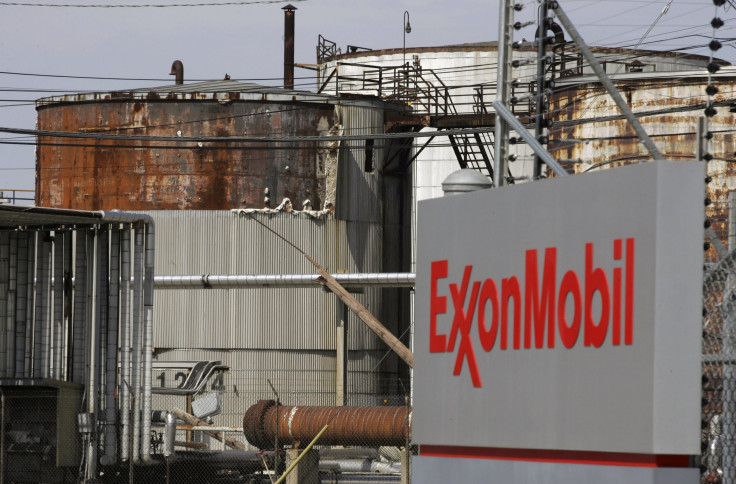ExxonMobil And Climate Change: New Documents Reveal Oil Giant Knew Risks But Continued To Fund Deniers

In the early 1980s, when climate change and the threats associated with it were largely confined to the realm of science, ExxonMobil -- one of the world’s largest oil companies -- was not only aware of the links between fossil fuels and global warming, it was also actively trying to promote climate change denial among the general public, newly-discovered emails indicate.
“Exxon first got interested in climate change in 1981 because it was seeking to develop the Natuna gas field off Indonesia,” Leonard Bernstein, a former climate scientist at Exxon, who also headed the science and technology advisory committee of the Global Climate Coalition -- an American lobbying group that opposed action to reduce emissions -- wrote in an internal memo. “This is an immense reserve of natural gas, but it is 70 percent carbon dioxide.”
For scientists across the world, the risks posed to humanity by climate change became evident in the 1950s. However, the issue garnered widespread public interest only in 1988, when NASA confirmed the role of humans in climate change and the United Nations established the Intergovernmental Panel on Climate Change (IPCC).
The memo is a part of over 80 documents released by the Union of Concerned Scientists (UCS) -- a U.S.-based nonprofit -- on Wednesday. In addition to Exxon, several documents -- spanning nearly three decades -- related to BP, Chevron, Phillips and Shell, were also released. UCS acquired the documents through a variety of sources, including Freedom of Information requests.
“When I first learned about the [Natuna] project in 1989, the projections were that if Natuna were developed and its carbon dioxide vented to the atmosphere, it would be the largest point source of CO2 in the world and account for about 1 percent of projected global carbon dioxide emissions,” Bernstein wrote, in the email.
Another document, a 1995 “primer” on climate change authored by Bernstein -- then a scientist at Mobil Oil -- states that the scientific basis “for the Greenhouse Effect and the potential impact of human emissions of greenhouse gases such as carbon dioxide on climate is well established,” and cannot be denied.
“The contrarian theories raise interesting questions about our total understanding of climate processes, but they do not offer convincing arguments against the conventional model of greenhouse gas emission-induced climate change,” the primer concludes.
However, the public stance of ExxonMobil -- a company that currently operates in over 20 countries -- was, until recently, one of climate change skepticism. According to an earlier report by UCS, the company spent nearly $16 million between 1998 and 2005 to fund advocacy organizations that raised doubts over climate change.
Although the company pledged in 2008 to stop funding groups that promote climate change denial, as recently as 2012, Rex Tillerson, CEO of ExxonMobil, attempted to downplay the threat posed by climate change.
“I’m not disputing that increasing carbon dioxide emissions in the atmosphere is going to have an impact. It'll have a warming impact. How large it is, is what is very hard for anyone to predict,” Tillerson said, in speech at the Council on Foreign Relations in 2012. “We [humans] have spent our entire existence adapting, ok? So we will adapt to this.”
© Copyright IBTimes 2024. All rights reserved.






















